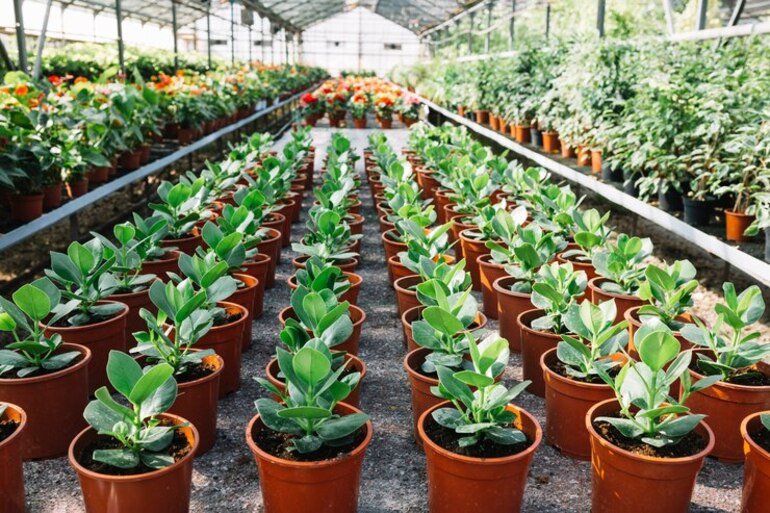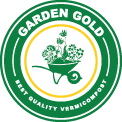
Fertilising your garden is similar to nourishing your body: the proper nutrients in the appropriate quantities may make all the difference. However, with so many fertilisers on the market, it can be difficult to determine which one is best for your plants. This article will help you understand the process and pick the best fertiliser for your garden.
Understanding Fertilizer Basics
Fertilisers are essential in providing plants with the nutrients they need to grow healthy and strong. The three primary nutrients in fertilisers are nitrogen (N), phosphorus (P), and potassium (K), often referred to as NPK. These nutrients serve distinct functions:
- Nitrogen (N) promotes leafy, green growth. It is crucial for plants like lettuce and spinach.
- Phosphorus (P) is important for root development and flower and fruit production. It benefits root vegetables and flowering plants.
- Potassium (K) helps with overall plant health and disease resistance. It is vital for all plants, especially those producing fruits and vegetables.
Types of Fertilisers
Fertilisers come in several forms, each with its advantages and disadvantages:
Chemical Fertilisers
1. Chemical Fertilisers
- Granular Fertilisers: These are simple to use and give a gradual, consistent delivery of nutrients. They are suitable for long-term feeding but can occasionally result in nutritional imbalances.
- Liquid Fertilisers: These promote rapid nitrogen absorption by plants and are great for a quick boost. However, they should be used more regularly.
- Slow-Release Fertilisers:These are designed to deliver nutrients gradually over time. They are handy, but they can be expensive.
2. Organic Fertilisers
- Compost: This is made up of decomposed organic materials. It improves soil structure and gives a balanced nutrient profile. It is great for long-term soil health, although production can be labor-intensive.
- Manure: Animal manure is high in nutrients and enhances soil structure. However, if not adequately composted, it may bring weeds and diseases.
- Bone Meal and Blood Meal: These are good sources of phosphorus and nitrogen, respectively. They are ideal for meeting certain nutritional requirements, however they can attract animals.
3. Specialty Fertilisers
- Foliar Fertilisers: When applied directly to plant leaves, they are quickly absorbed and can offer a significant nutritional boost. They are beneficial in treating certain vitamin deficits.
- Hydroponic Fertilisers: These are intended for plants cultivated in water-based systems and provide all required nutrients in soluble form.
Choosing the Right Fertilizer for Your Garden
Selecting the appropriate fertiliser depends on several factors:
Soil Test Results
Conduct a soil test to determine the nutrient levels and pH of your soil. This will help you identify deficiencies and choose a fertiliser that addresses those specific needs.
Plant Type and Growth Stage
Different plants have varying nutrient requirements at different stages of growth. For example, leafy greens benefit from nitrogen-rich fertilisers, while flowering and fruiting plants need more phosphorus and potassium.
Organic vs Chemical
Decide whether you prefer organic or chemical fertilisers. Organic fertilisers improve soil health over time and are environmentally friendly, while chemical fertilisers provide precise nutrient levels and immediate results.
Application Method
Consider how you plan to apply fertiliser. For example, liquid fertilisers are suitable for container plants and drip irrigation systems, while granular fertilisers are better for large garden beds.
Recognizing Plant Needs
Before getting into specific types of fertilisers, it’s critical to understand what your plants require. Plants require different nutritional compositions depending on their development stage and features. Below are some general guidelines:
- Leafy Vegetables: High nitrogen content is crucial for leafy vegetables like spinach, lettuce, and kale. This promotes lush, green foliage.
- Root Vegetables: Crops such as carrots, potatoes, and beets need a good balance of phosphorus and potassium to develop strong roots.
- Fruiting Plants: Tomatoes, peppers, and cucumbers benefit from fertilisers higher in potassium to support fruit development and enhance flavour.
- Flowering Plants: For ornamental flowers, a balanced fertiliser with a slightly higher phosphorus content encourages vibrant blooms.
Choosing the right fertiliser for your garden requires an understanding of your plants’ needs, the sort of fertiliser that best meets those needs, and effective application practices. You may choose a fertiliser that promotes healthy, strong plant development and ensures a plentiful harvest by taking into account nutrient requirements, soil conditions, and your gardening goals. Happy gardening!
